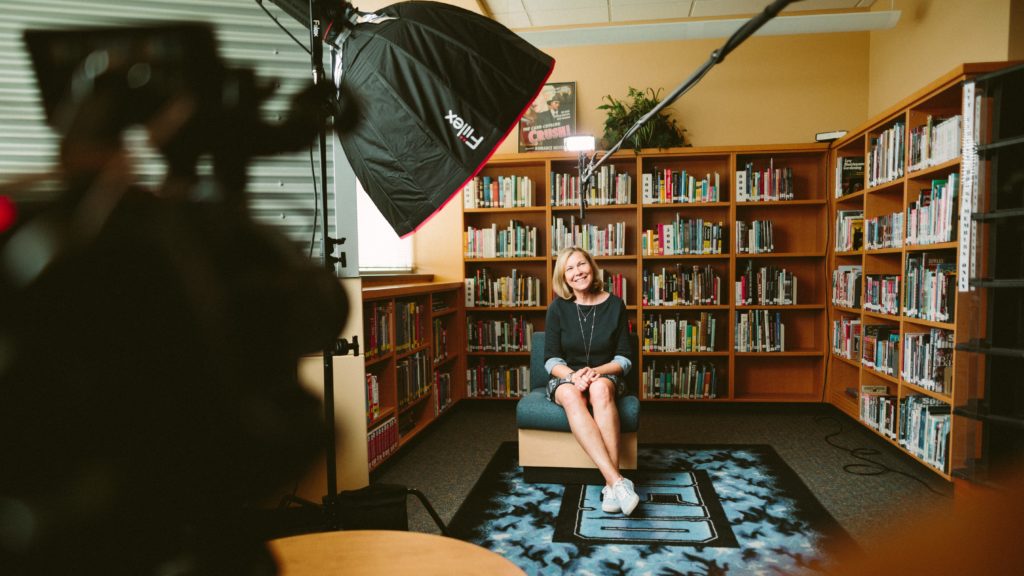Lessons from Legends in Cardiovascular Nursing
A significant portion of the AHA 2021 Scientific Sessions was focused on mentorship for early career individuals in research and medicine. Insights from the Interview with Nursing Legends in Cardiovascular Science were particularly illuminating. During this session, Dr. Christopher Lee, Professor and Associate Dean for Research at the Boston College William F. Connell School of Nursing; Dr. Kathleen Dracup, Dean Emeritus and Professor Emeritus, University of California, San Francisco, School of Nursing; and Dr. Martha Hill, Dean America at Johns Hopkins University School of Nursing offered advice from their experiences mentoring individuals of varying career levels. Here are some key takeaways for individuals who want to advance their career:
Take the show on the road
Determine professional goals and how to reach them. For those interested in research, a defined program of research and possibly multiple contingency topics of study that are of interest to several funders is needed. It is also necessary to know the road, or what success looks like given the scientific focus and what one wants to accomplish during an academic career. Finally, it is important to acknowledge that there is no one pathway to success and that success is in many ways self-defined.
Do a legacy exercise
The legacy exercise, which is sometimes referred to as a eulogy or obituary exercise involves imagining your retirement party or eulogy and thinking about who you want to speak and what you want them to say about you. This reflection essentially determines what type of legacy you want to leave behind, what you want to be known for and by whom. The exercise often reveals details which are not on your CV. It might not mirror scientific goals, and possibly will not align with perceived ideas of success. Ultimately, the exercise can help one focus on the rewarding aspects of work and other parts of life, even faced with challenges.
Consider personal challenges
Mentors often observe personal challenges among both colleagues. Dr. Lee pointed out that life outside of work and issues of personal importance need to be taken into consideration. In fact, he mentioned that he sometimes advises against taking on additional work or submitting extra grants because of competing demands and priorities on other aspects of life. Dr. Lee is also adamant that the best way to have a lasting and impactful career as a scientist is to have great fulfillment in personal life.
Diversify your research team
Diversity brings great insight into fields in business and research, and in decision making. Cardiovascular nurses often do not practice alone, and it would be beneficial for research teams to reflect this. Although diversity was spoken specifically of the multi-professional nature of cardiovascular nursing research, it is not limited to it. In a general sense, investigators should seek out collaborators who share passion for research, who are concerned about the outcomes of interest, and who are more knowledgeable about the research methods. These elements can help bolster various aspects of projects.
Network
As exemplified by the speakers, connecting at conferences and in research has led to long collaborations and friendships. Whether a mentor, early career or mid careers professional, the benefits of networking can be incredibly gratifying.
Overall, the speakers addressed ways to alleviate challenges for colleagues of all career phases. Their advice diminished the pressure of preconceived ideas of success by supporting the development of personal definitions of achievement. Determining goals and paths, thinking about legacy, including diverse perspectives in projects, and expanding professional networks give individuals more power and opportunity to grow. The speakers have a wealth of knowledge, experience and advice which make them not only legends, but also champions for the success of others.

